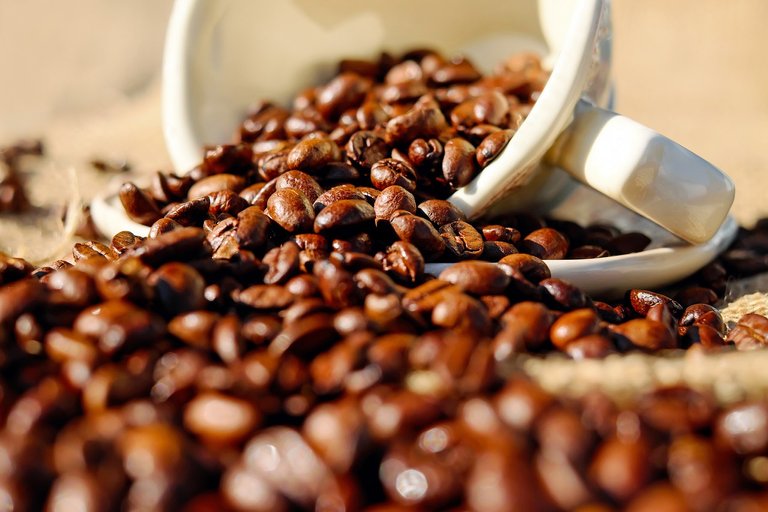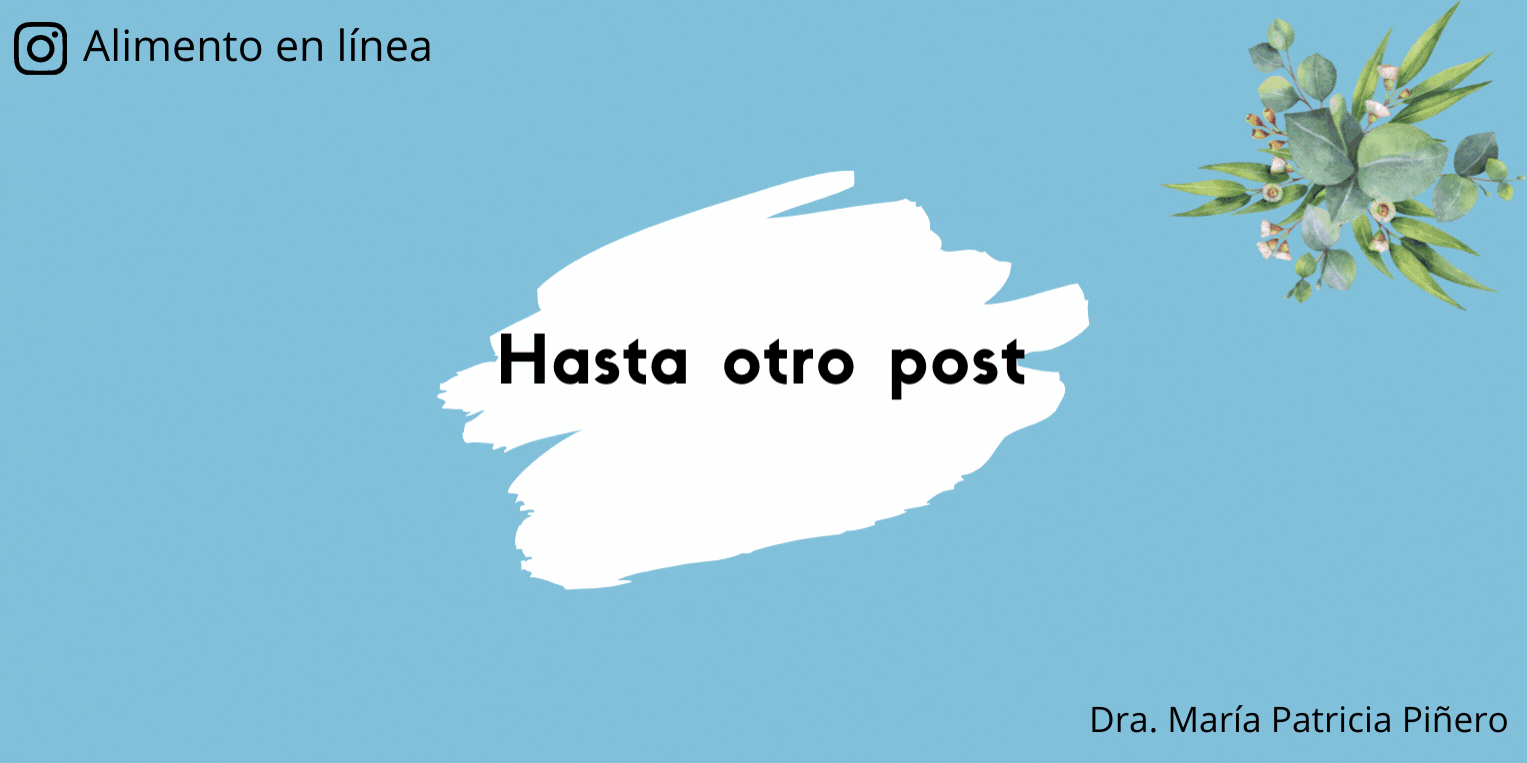Demystifying: coffee is not bad for health [ENG/ESP]

No queda duda que el café es una de las bebidas más populares en el mundo. Es más, me atrevería a decir que tomar café es un estilo de vida. Al menos un 30% de la población mundial consume 1 taza de café al día.
Su atractivo como bebida está ligado a su aroma, sabor, al placer de degustarlo solo o acompañado y al concepto general, de que es un “estimulante” y “energizante”.
El café, puede ser preparado de muchas formas. Por ebullición y posterior decantación (café turco o griego) o por filtración del extracto de ebullición por gravedad (usando papel filtro) o mediante presión (café expreso).
There is no doubt that coffee is one of the most popular beverages in the world. In fact, I would go so far as to say that drinking coffee is a way of life. At least 30% of the world's population consumes 1 cup of coffee a day.Its attractiveness as a beverage is linked to its aroma, flavor, the pleasure of tasting it alone or accompanied, and the general concept that it is a "stimulant" and "energizer".
Coffee can be prepared in many ways. By boiling and subsequent decanting (Turkish or Greek coffee) or by filtration of the boiling extract by gravity (using filter paper) or by pressure (espresso coffee).

Compuestos nutritivos que contiene el café
Sea cual sea la manera de prepararlo, contiene más de mil compuestos, pero los más estudiados han sido la cafeína y los antioxidantes como el ácido clorogénico, el cafestol, entre otros.
Algunos especialistas, señalan que durante el proceso de elaboración industrial, sea molido, tostado, instantáneo o el descafeinado, pueden formarse nuevos compuestos.
Lo cierto es que la cafeína es el principio activo del café. En promedio una taza de café de unos 150 cc aportan entre 90 y 200 mg de cafeína. La variación se debe al origen del café, la modalidad de preparación y hasta del lugar donde se prepara.
La cafeína se absorbe casi toda en el estómago y otra parte en el intestino delgado. Como se absorbe rápido, llega a casi todos los tejidos, pero en especial al cerebro.
Podría decir que al evaluar los beneficios del café a la salud vs. sus efectos negativos, definitivamente al café se le ha dado una mala fama. Lo que sucede es que como cualquier otro producto alimenticio, todo tiene su límite.
## Nutritional compounds contained in coffeeRegardless of the way it is prepared, coffee contains more than a thousand compounds, but the most studied have been caffeine and antioxidants such as chlorogenic acid and cafestol, among others.
Some specialists, point out that during the industrial elaboration process, be it ground, roasted, instant or decaffeinated, new compounds can be formed.
What is certain is that caffeine is the active principle of coffee. On average, a cup of coffee of about 150 cc provides between 90 and 200 mg of caffeine. The variation is due to the origin of the coffee, the modality of preparation and even the place where it is prepared.
Caffeine is absorbed almost all of it in the stomach and another part in the small intestine. As it is absorbed quickly, it reaches almost all tissues, but especially the brain.
I could say that when evaluating the health benefits of coffee vs. its negative effects, coffee has definitely been given a bad reputation. What happens is that like any other food product, everything has its limit.

Fuente
Efectos sobre la salud
• Algunos estudios como los de la Sociedad Americana de Cáncer, han sugerido que tomar café puede disminuir el riesgo de contraer ciertos tipos de cáncer, como el de próstata, cáncer de hígado, cáncer de endometrio, de boca y garganta. Sin embargo, habría que ingerir entre 4 a 6 tazas de café al día, lo cual es mucho.
• Otro mito desmontado es que es perjudicial para la salud del corazón y otras enfermedades. [Investigadores](https://federaciondecafeteros.org/static/files/Relaciones publicas - Investigaciones recientes sobre el cafe y la salud.pdf) concluyeron que tomar 3 tazas de café diarias, con cafeína o descafeinado, podría reducir en un 10% el riesgo de muerte por enfermedades cardíacas, accidentes cerebrovasculares, diabetes, enfermedades respiratorias e infecciones.
• Mejora el rendimiento, la concentración, el ánimo y el desempeño en los estudios y el trabajo. Mientras disminuye la ansiedad y la depresión.
Health effects: - Some studies, such as those of the American Cancer Society, have suggested that drinking coffee may decrease the risk of contracting certain types of cancer, such as prostate cancer, liver cancer, endometrial cancer, mouth and throat cancer. However, it is necessary to drink between 4 to 6 cups of coffee a day, which is a lot. - Another myth debunked is that it is detrimental to heart health and other diseases. Researchers concluded that drinking 3 cups of coffee daily, with caffeine or decaffeinated, could reduce by 10% the risk of death from heart disease, stroke, diabetes, respiratory diseases and infections. - It improves performance, concentration, mood and performance in studies and work. It also reduces anxiety and depression.

Fuente
Límites para tomar café
Se recomienda no pasarse de 4 a 5 tazas de café al día o no más de 400 mg de cafeína al día. Por encima de estas cantidades pueden aparecer efectos perjudiciales, como: taquicardia, insomnio, aumento de la presión arterial, provocar migrañas y causar problemas digestivos.
Si le agregan crema y azúcar, incrementa la grasa y las calorías, lo cual contribuye a un aumento de peso. El café con leche es más saludable si la leche es descremada. En vez de azúcar, puede agregar un edulcorante artificial.
## Coffee drinking limitsIt is recommended not to exceed 4 to 5 cups of coffee per day or no more than 400 mg of caffeine per day. Above these amounts, harmful effects may appear, such as: tachycardia, insomnia, increased blood pressure, migraines and digestive problems.
If cream and sugar are added, it increases fat and calories, which contributes to weight gain. Coffee with milk is healthier if the milk is skimmed. Instead of sugar, you can add an artificial sweetener.

Hola @mppinero gracias por estos tips, no tomo café pero respeto a los que se toman jarras y jarras de café así se lo prohíban.
Buen lunes. Cuando tomam cantidades grandes, pueden volverse adictos..
@tipu curate
Upvoted 👌 (Mana: 80/100) Liquid rewards.
Buen día. Gracias por el apoyo..
Hello @mppinero,

PS. I've made it easier for you; Here's the attached link to our community posting guidelines.
Also, please observe general community rules and perhaps you'd like to check our current "pinned activities" that are happening in the community. These activities are a great way for you to interact and engage with other community members.
Enjoy ☕️
Muchas gracias..
Excelente amiga!!! Me gusta muchísimo la evolución que has tenido y toda la información que nos puedes brindar... Muchas bendiciones 🙏